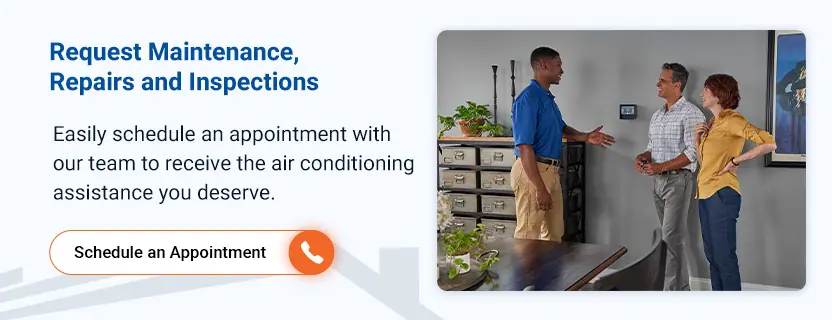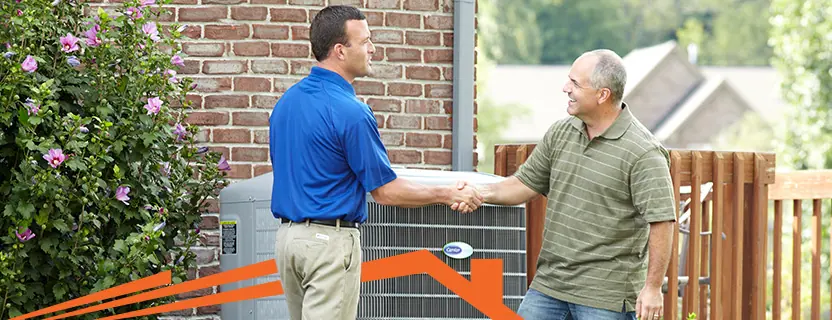
Severe storms wreak havoc, bringing high winds and heavy rain that can damage property and equipment, including your heating and cooling system. Your HVAC is essential for at-home comfort, and storm damage can be a costly inconvenience that impacts your routine. It can be easy to forget about your outdoor unit when you prepare your home for storms, but taking the time to administer precautionary care can significantly reduce the likelihood that your system faces extreme damage. Keep reading to discover how you can protect your HVAC from severe weather.
A surge protector is an excellent investment for any homeowner. Lightning during storms can severely damage electronic devices and outdoor units. Lightning strikes can be unpredictable, and you never know when you might experience a blow that knocks out your circuit board and causes an electrical failure. Even minor hits over time can cause your system to deteriorate. A surge protector shields your system from these catastrophes.
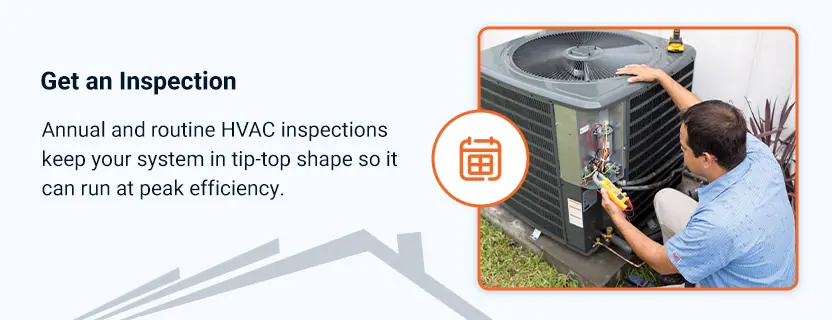
Annual and routine HVAC inspections keep your system in tip-top shape so it can run at peak efficiency. Depending on your location and the storms you expect to face, scheduling inspections every fall and spring is a good rule of thumb. These inspections will provide vital information about the HVAC unit’s refrigerant components, electrical wiring, fan and other essential parts. A professional provider will inspect, repair and clean your unit and tell you if you have any minor issues that could lead to significant problems down the road. Some homes can also benefit from evaluating the gas line bonding during these inspections to prevent an explosion or fire if lightning strikes.
Secure your HVAC if you expect a tornado near your home. Tornados can deliver winds powerful enough to lift and move an HVAC unit. Tie-downs and straps can prevent this valuable appliance from flying away. These tools will anchor your unit to the stand, pad or concrete it rests on. Stakes and ratchet straps can fill in temporarily if a storm takes you by surprise.
While securing your unit, cover it with a tarp. Besides protecting the unit from projectiles, a cover can prevent rain and other elements from getting inside the system and impacting its function after the storm passes. For a permanent protection solution, consider investing in a fence or similar barrier to protect your unit from debris and loose items. However, do not permanently cover the top of your outdoor unit, as doing so can trap damaging moisture and condensation inside.
Power off your outdoor unit when you see severe weather in the forecast. This tip is especially vital for anyone without a surge protector because the system won’t have a backup line of defense from outages or lightning strikes.
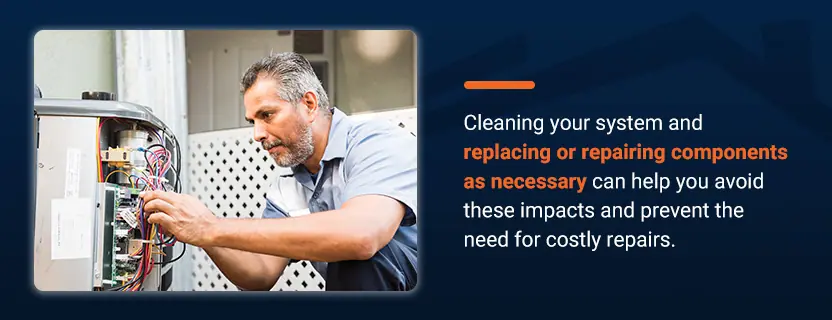
If your HVAC unit already has damage, it may be more likely to experience worse problems during a severe storm. For example, if debris and dirt are restricting your condenser, any additional debris that enters as a result of the storm can further limit the airflow and potentially cause damage to internal components. Cleaning your system and replacing or repairing components as necessary can help you avoid these impacts and prevent the need for costly repairs.
Severe weather can cause short- and long-term power outages, further impacting your daily life even after a storm passes. A backup generator can provide you with enough power to run your HVAC and other home appliances during an outage. This appliance will prove invaluable in emergencies, providing peace of mind during otherwise uncertain times. Follow routine HVAC maintenance tips, and be sure to incorporate seasonal and annual tasks into your maintenance schedule.
Protecting your outdoor HVAC unit involves clearing the surrounding areas of any potential hazards. For example, small items and debris can damage your unit if high winds propel these items toward the system. Additionally, overhanging tree branches can crush the appliance if wind rips them from the trunk. You must also consider any furniture, tools and other home items that could damage your HVAC. For instance, you could tie down your patio furniture when you secure your HVAC to prevent either object from blowing away or smashing into the other.
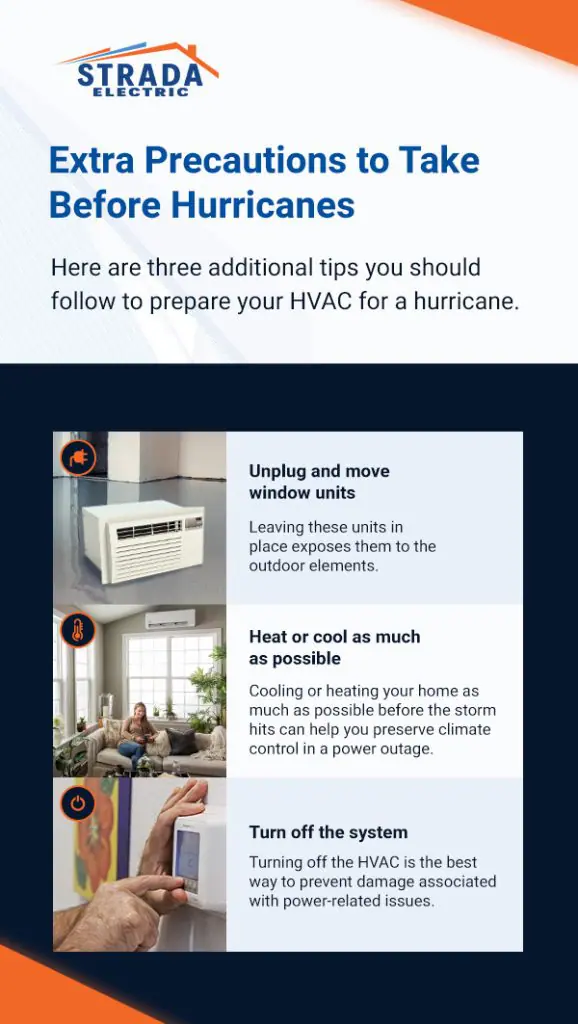
Homeowners in the Southeast, especially in Florida, may need to take additional precautions to prepare for hurricanes. While tropical storms and other inclement weather can cause damage, hurricanes can be catastrophic. Here are three additional tips you should follow to prepare your HVAC for a hurricane.
Strada Air Conditioning & Heating is your one-stop shop for all plumbing, electrical, security and air conditioning needs. With more than 20 years of experience and a team of skilled and knowledgeable service professionals, we have what it takes to deliver preventive maintenance, repair existing systems or install high-quality upgrades to keep your family safe and comfortable. Our comprehensive air conditioning services keep your system running efficiently and address existing concerns that can impact function.
Rely on us to exceed your expectations, whether you need to schedule an annual inspection, request routine maintenance or need repairs after a storm passes. Easily schedule an appointment with our team to receive the air conditioning assistance you deserve.
